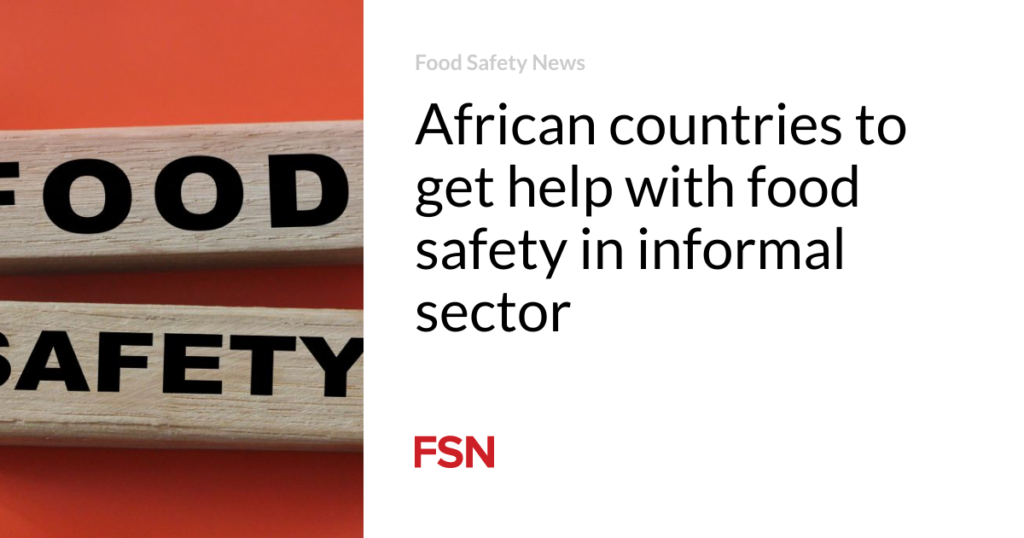Guidelines will be developed to help African governments improve food safety across the informal sector.
The African Union (AU) and the International Livestock Research Institute (ILRI) are designing a framework for a continent-wide approach to engaging with the informal food sector.
The guidance reflects the realities of Africa’s food systems and aims to improve the way governments collaborate with the informal sector in efforts to increase food safety.
The African Union and ILRI will consult with the informal sector starting June 10 to help refine the guidelines. This process with member states will continue in 2024 and 2025, after which the framework will be presented to African Union policy bodies for approval in 2025.
Attention to this issue
Earlier this year, the Codex Alimentarius Commission submitted draft guidelines on food hygiene control measures in traditional food markets to the Codex Alimentarius Commission for adoption, and the World Health Organization (WHO) has prepared several documents on safer traditional food markets.
To ensure consistency, Codex Alimentarius officials from African countries will be invited to take part in consultations over the next year, ILRI said.
Previous analyses have found that approximately 90 million people suffer from foodborne illnesses each year in Africa, costing an estimated $16 billion in lost productivity. According to a 2019 Global Food Safety Partnership report, the international community invests just $55 million per year in food safety projects on the continent.
Compliance with food safety standards in African exports is improving, but progress has been limited in the domestic informal sector, which is typically fragmented and under-resourced.
An inspirational roadmap
The guidelines are currently structured around three main principles of engagement: recognising the informal sector, engaging with the informal sector and investing in the informal sector.
“Western approaches to improving food safety, with their strict compliance with requirements and complex documentation processes, are in fact only suitable for a regulated and well-resourced formal sector. The reality is that the majority of African consumers buy their food from the informal sector, which requires a different approach to food safety management,” said Silvia Alonso, Senior Scientist Epidemiologist at ILRI.
“We recognize that final solutions will need to be customized to national and local realities. The guidelines provide a roadmap to inspire countries and suggest areas of effort needed to successfully engage the informal sector to improve food safety. We also include, where possible, examples of successful efforts being undertaken towards these goals.”
The draft guidelines were developed in accordance with the African Union’s Food Safety Strategy for Africa, released in 2021 to promote improved food safety management. They build on ILRI’s research and work towards improving food safety across Africa.
“We believe these new guidelines will provide realistic and practical guidance to help governments work with the informal sector to gradually transform it so that populations can be kept safe and sustainable,” said John Oppong Otoo, food safety officer at the African Union International Bureau of Animal Resources (AU-IBAR).
(Click here to sign up for a free subscription to Food Safety News.)


